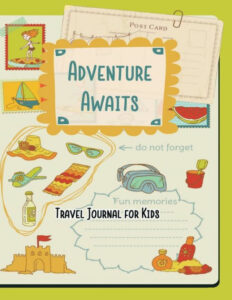Summertime is upon us once again – that time of year when teachers bid farewell to students, and parents are beginning to plan for their children’s days without a school schedule. Kids have been spending time traveling, playing with friends or staying at home, watching screens and not involving in any educational activities.
So how might we balance the academic and non-academic activities for your child this summer? How might we encourage them to keep on learning, and enjoy outdoor activities and socializing at the same time? How might we keep our children physically busy and mentally active during the long summer days?
Fortunately, there are still plenty of ways to keep kids learning during the summer, even without a local summer learning program. They may require some extra planning from parents, but they are affordable and accessible in most communities. In this article, we developed a shortlist of activities and resources for parents to use when developing your own summer learning activities for your child. These 5 ideas will help children not only reinforce skills taught during the year but also to entertain them through the summer months.



 1. Keep a summer diary
1. Keep a summer diary
 4. Take educational trips
4. Take educational trips








